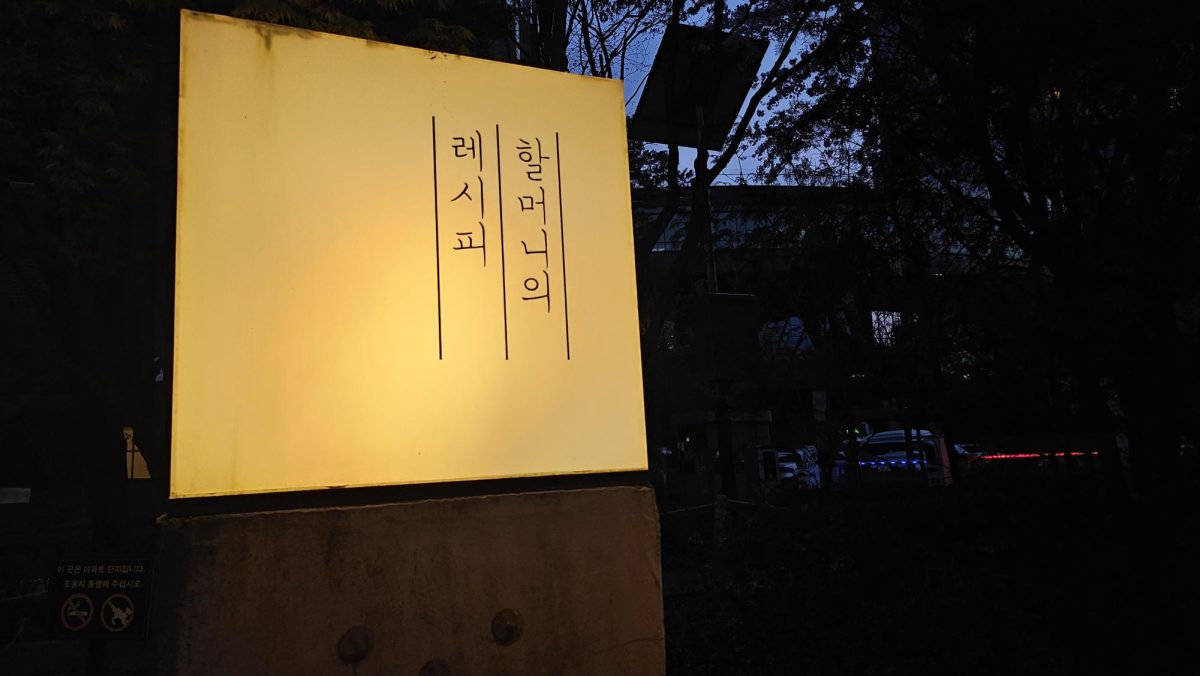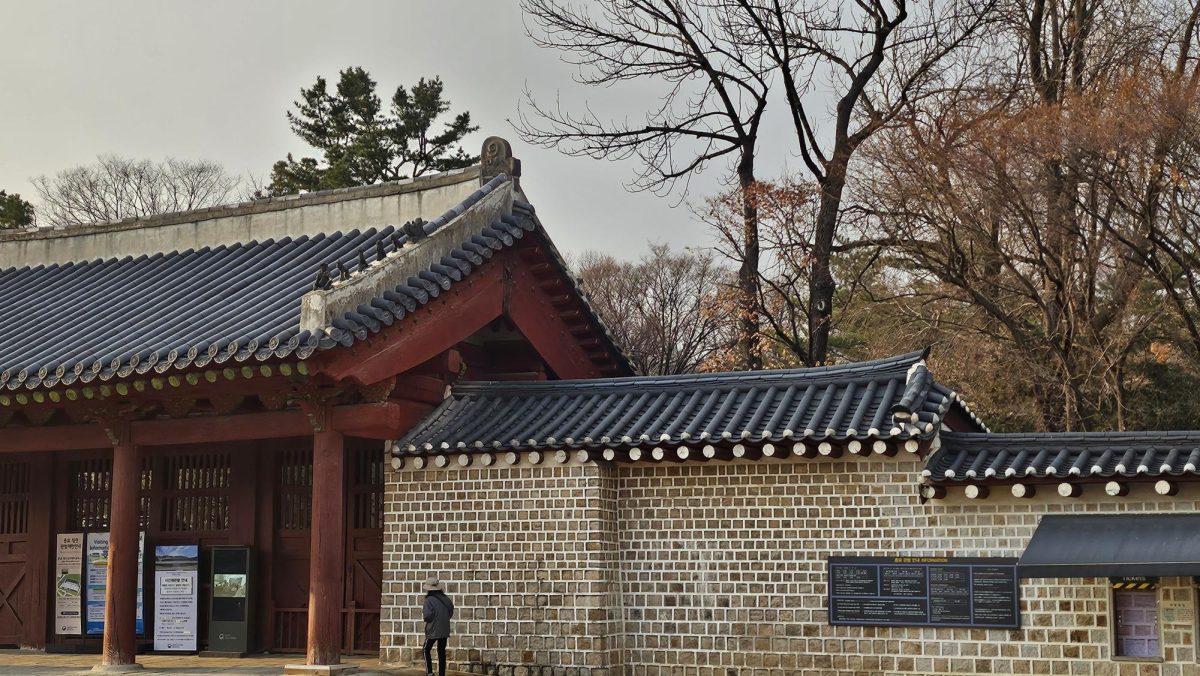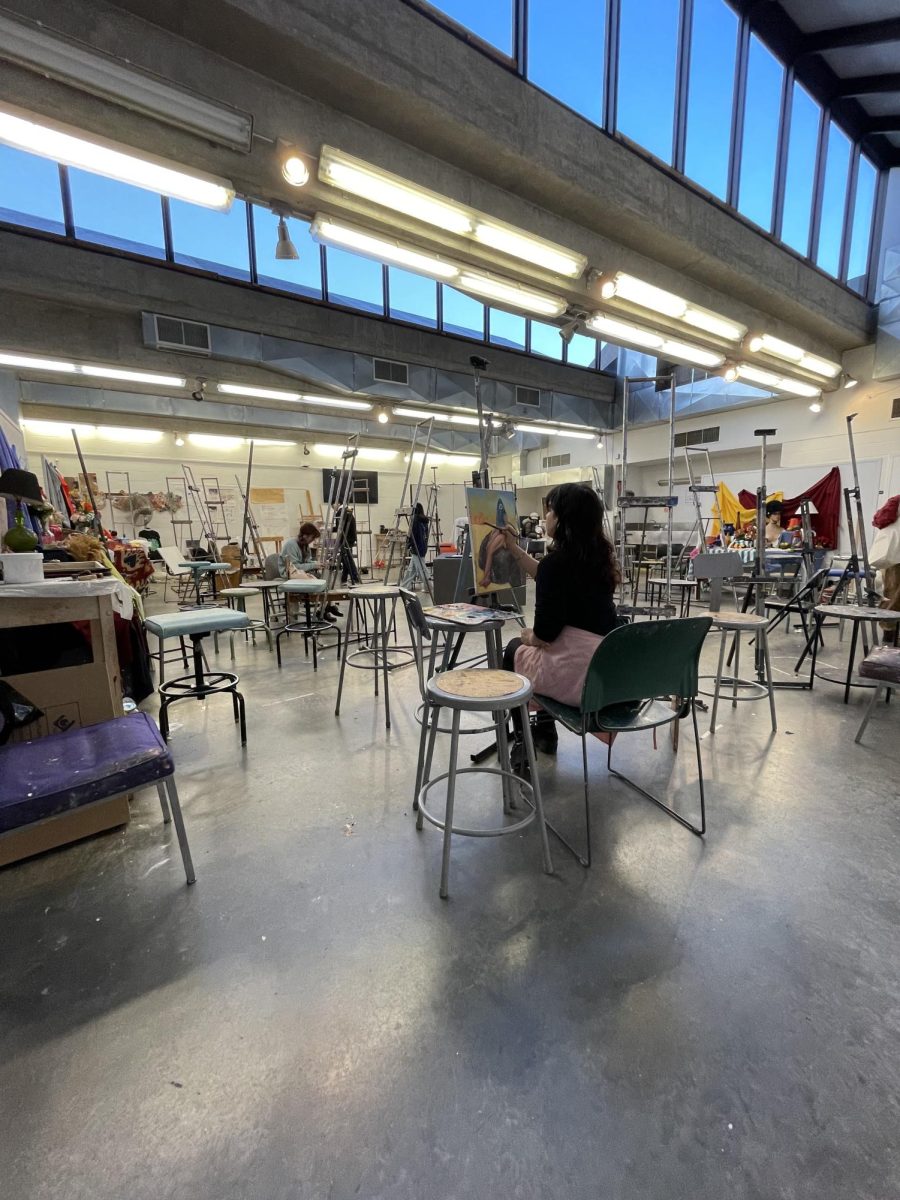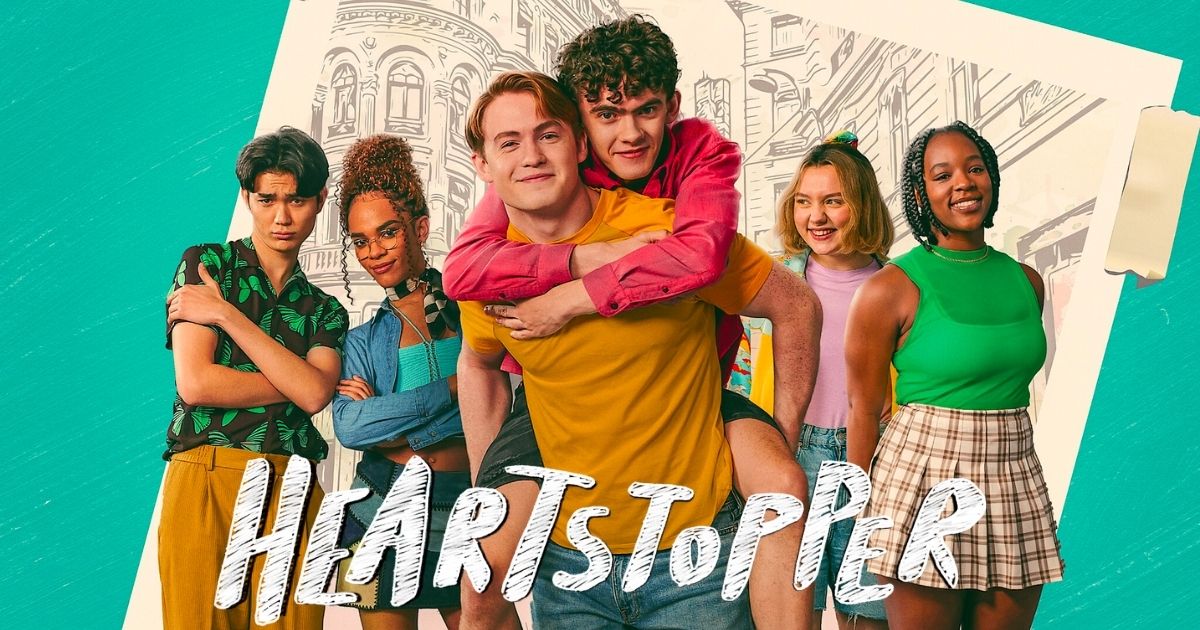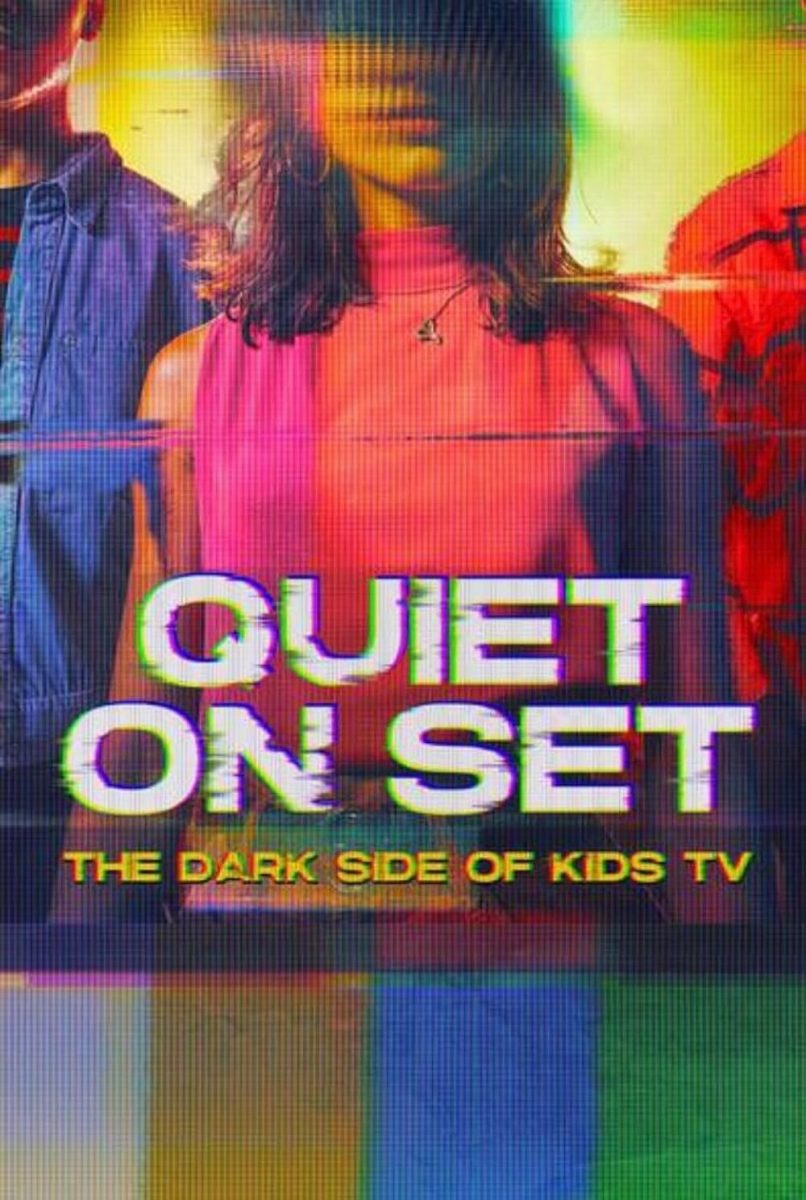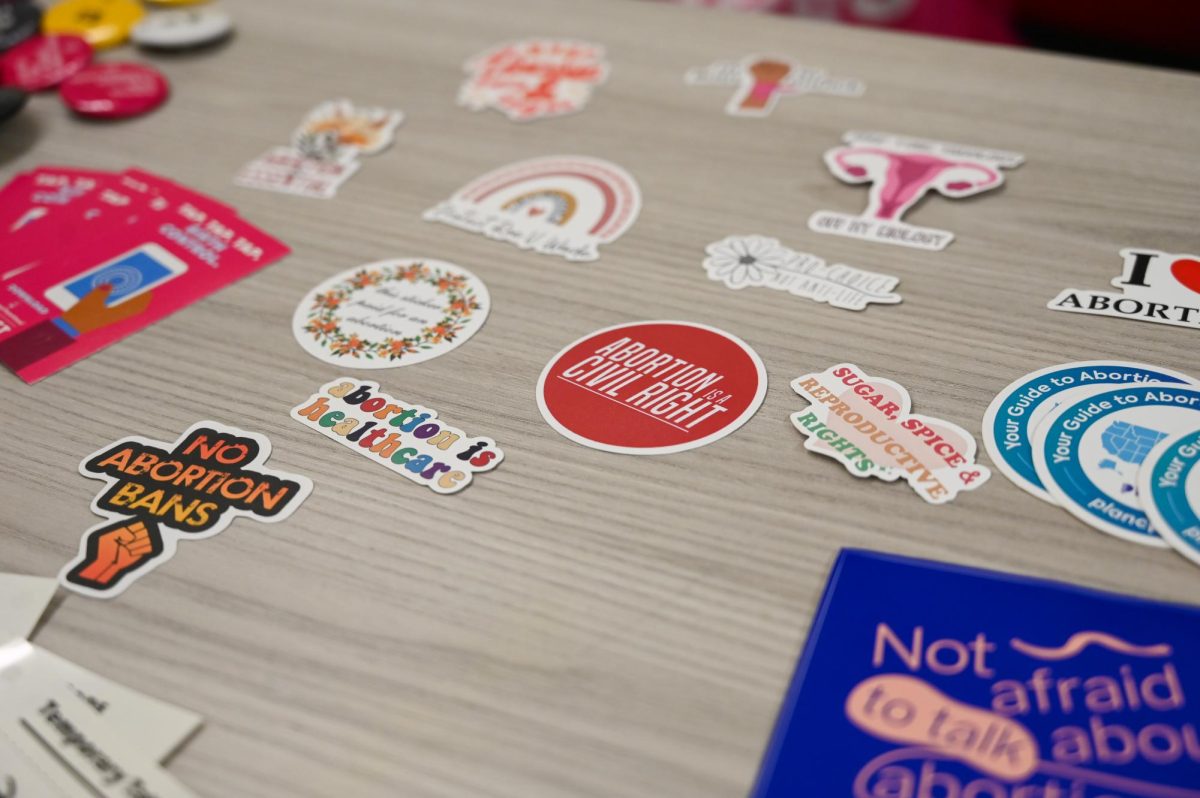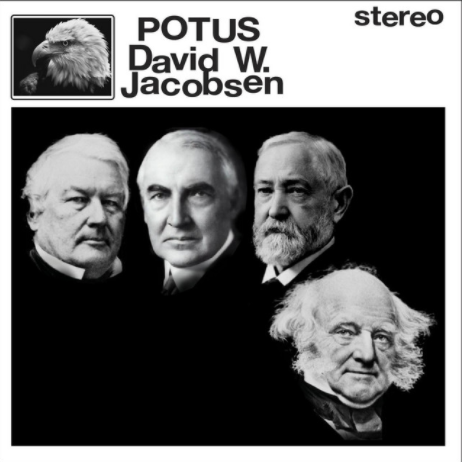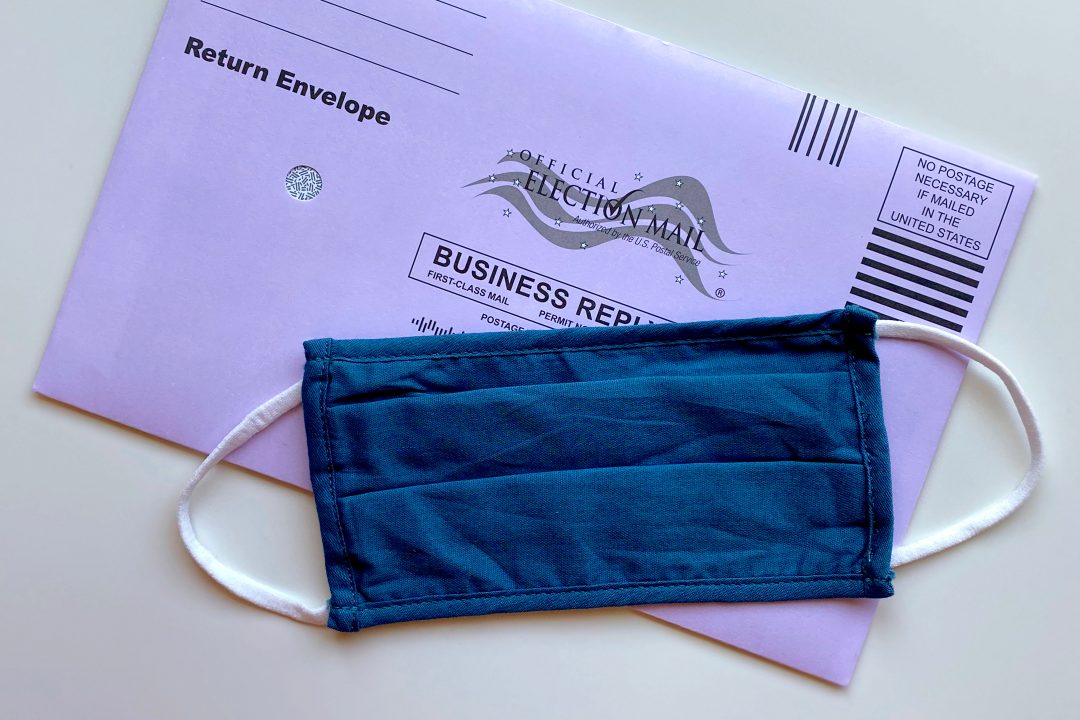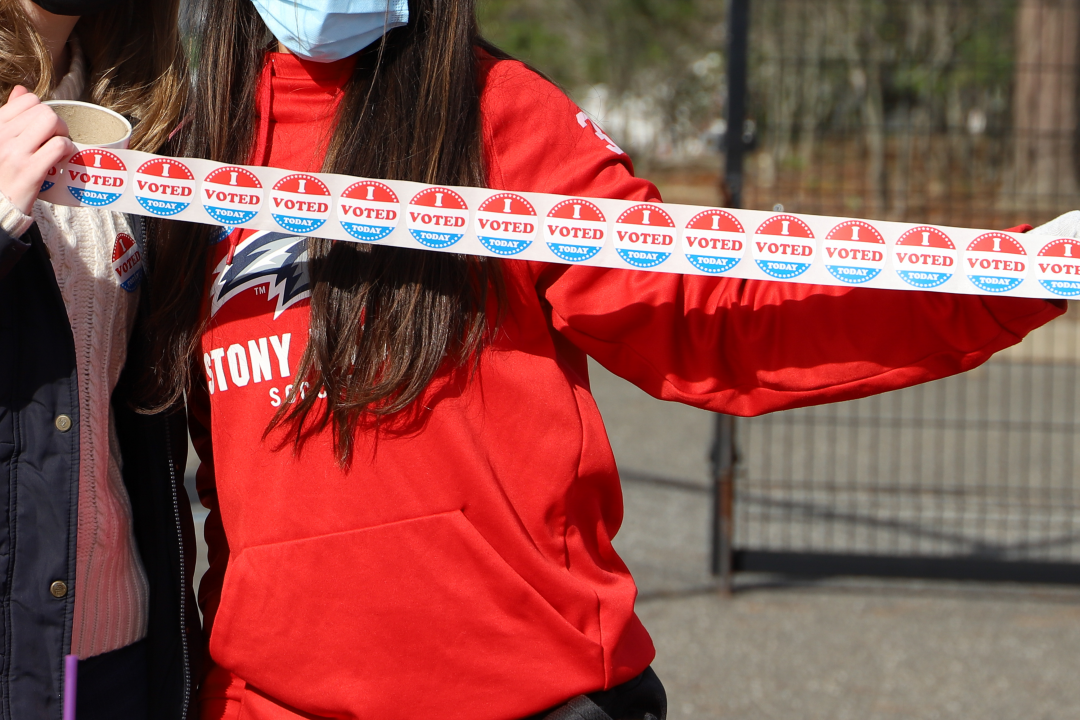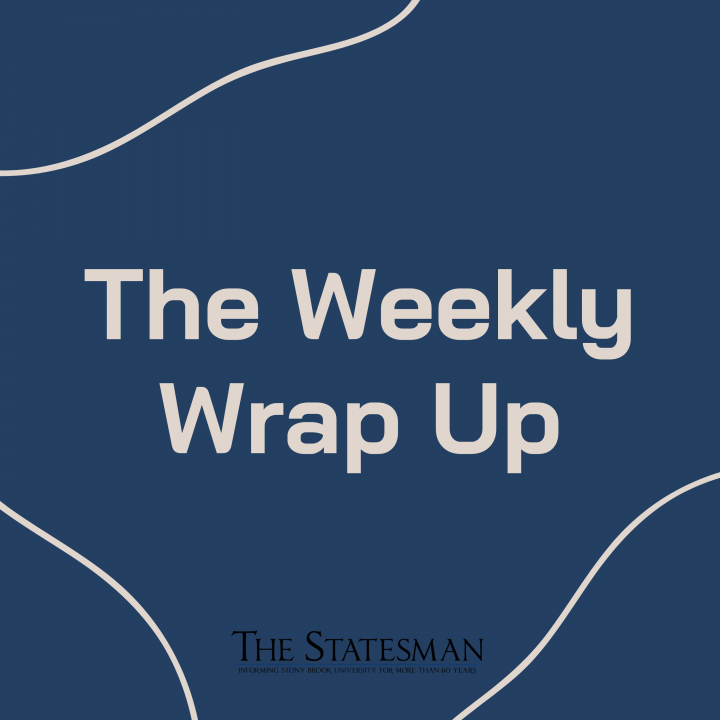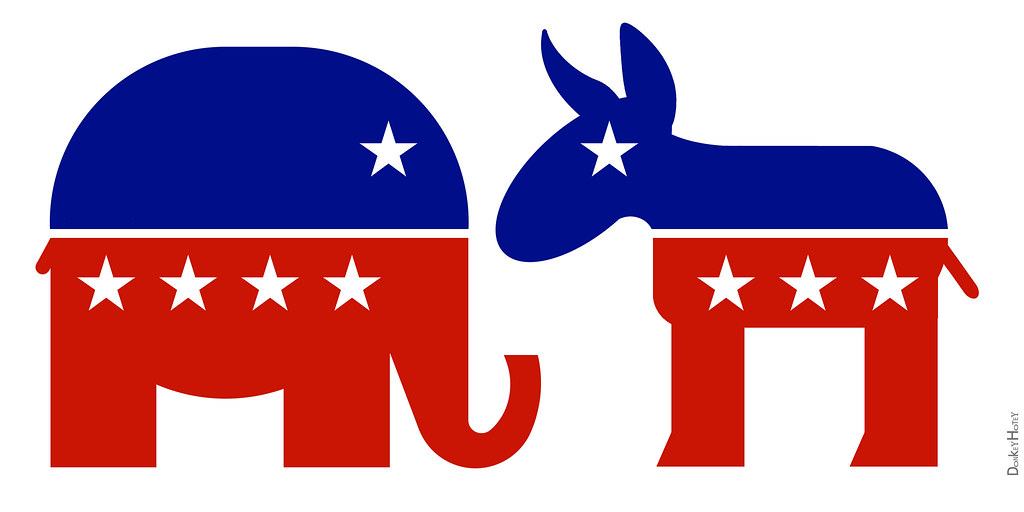
On Friday, Oct. 30, WSHU held a virtual discussion titled “Through the Looking Glass: A Campaign Like No Other” with a panel of journalists, professors and media critics. The discussion was streamed live in two forms — on the WSHU Facebook page and on the interactive platform Shindig.
The first portion of the event was “What’s Going On? Address and Discussion” moderated by Terry Sheridan, WSHU news director and Stony Brook School of Journalism instructor. The conversation included Laura Lindenfeld, dean of SBU’s School of Journalism and the executive director of the Alan Alda Center for Communicating Science, as well as Eric Deggans, NPR media critic and author of “Race-Baiter: How the Media Wields Dangerous Words to Divide a Nation.”
The conversation began with an analysis of media companies. Deggans explained that today, media outlets have to figure out their niche and serve it completely. He said it is not just the media companies pushing this idea — audiences play a big role too.
“The audience has less tolerance than ever for any kind of material that they’re not interested in,” Deggans said.
Deggans also touched on the difficulty for media companies to present a broad array of content as portions of their audience will find something that they do not agree with — in turn, potentially severing their ties with the media outlet.
The discussion then turned to diversity as an integral part of media — in storytelling and in audiences.
Lindenfeld took a moment to reflect on the role of teaching journalists the enormous responsibility and privilege that goes into deciding what demographics get coverage in the media.
“There’s enormous power in supporting future generations and journalists and communicators to proactively engage in this really dynamic landscape,” Lindenfeld explained.
The second discussion, dubbed “What’s at Stake: The Ramifications,” was moderated by Ebong Udoma, a WSHU political correspondent. The segment included remarks from Gary Rose and Dr. Meena Bose. Rose is a professor and the chairman of the Department of Government and Politics at Sacred Heart University, while Bose is the executive dean of Hofstra University’s Peter Kalikow School of Government, Public Policy and International Affairs.
Udoma jump-started the conversation with statistics regarding the number of people who have cast early ballots. In 2016, 8.4 million people cast votes in Texas compared to the 9 million people who have cast early voting ballots in this election.
In response to the numbers, Bose claimed, “What we’re seeing is really a reaction since 2016 to the importance of voting and presenting your voice in American democracy.”
Not all of the news surrounding ballots have been so positive. President Trump has repeatedly questioned the legitimacy of mail-in ballots, establishing a deep concern for the rectitude of the presidential election results.
“I believe a lot of that has to do with the potentiality of a legal challenge that’s going to follow the outcome of the election,” Rose said.
President Donald Trump has said that he’s fully prepared for the election outcome to be determined by the Supreme Court.
In the final Q&A section of the discussion, a viewer asked how to deal with family members who simply refuse to deal with facts and reality. Lindenfeld noted that there is no easy solution but finds that an emotional understanding is necessary.
“The more we could listen beneath and hear and exercise some empathy, we may be able to break through some of this,” Lindenfeld said.
The panel provided a space to discuss the current struggles of the United States and each panel member recognized the importance of the current presidential, although there have been others just like it.
“I’ve heard many times over the years that this is the most important election,” Rose said. “I would remind people that in 1860 we were on the verge of a civil war, so I think we’ve actually been here before. But I would agree that this is a hugely important election.”
“Through the Looking Glass: A Campaign Like No Other” granted audiences access to a discussion that was equal parts engaging and educational. The conversation can be found on WSHU’s Facebook page here.











